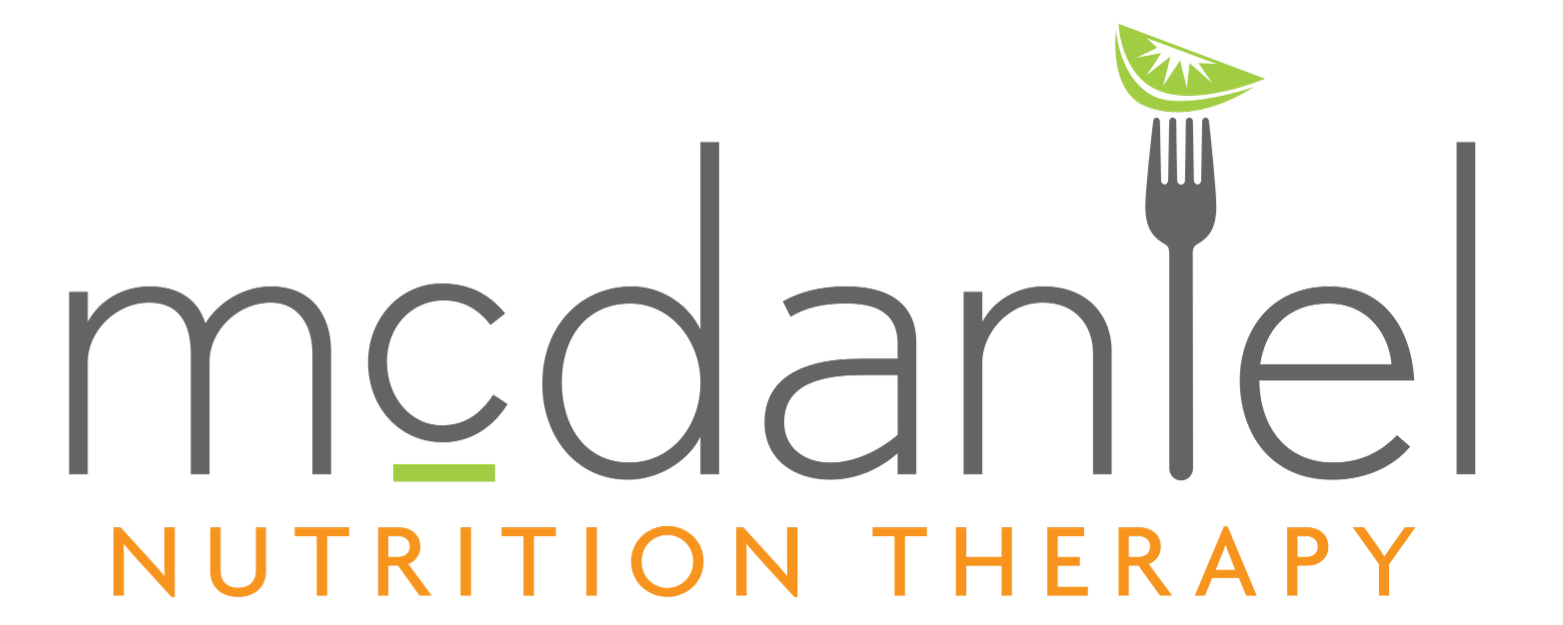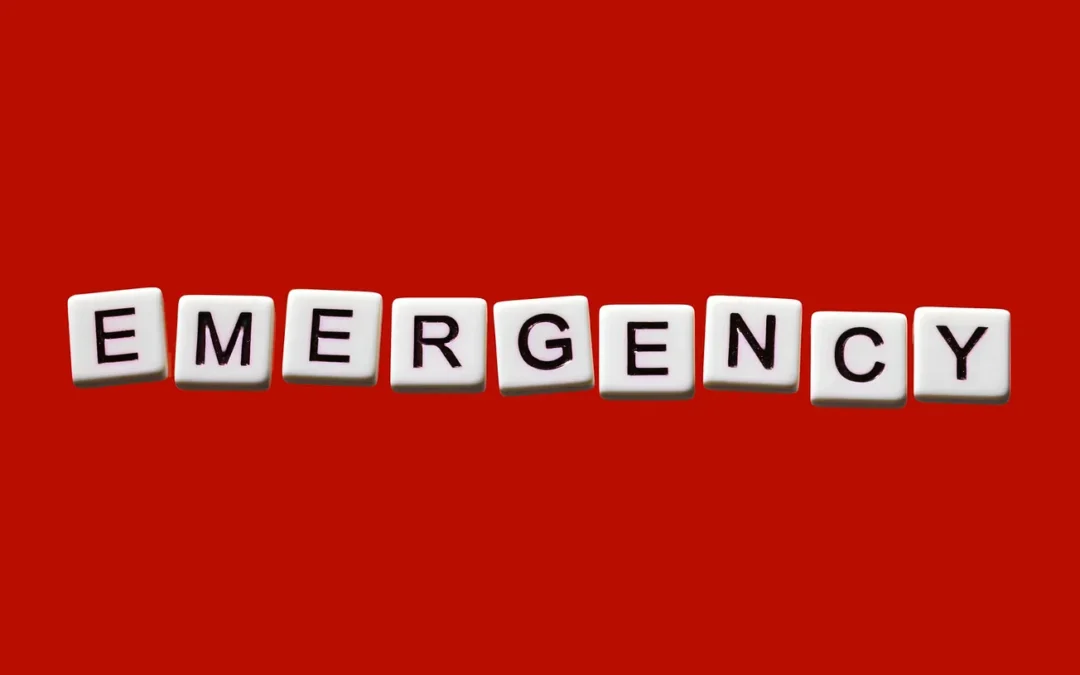A note on new diagnoses, imaginative spirals, and the power of slowing down when making important health decisions.
A few months ago, we had one of our kids evaluated for learning challenges. I had a hunch about ADHD, but the official diagnosis—dyslexia, dysgraphia, and combined ADHD—still caught me off guard.
It’s interesting how we process new information. At first, I froze. I reached out to a few trusted friends, but sort of took it slow. I could feel the need to pause, to absorb and orient myself. Then, gradually, I shifted into action: reading, researching, attending workshops, meeting with teachers. We’ve found some wonderful resources, and I’m settling into a deeper understanding of how to support him right now.
In those early weeks (and still, from time to time), I felt a heavy weight—like it was all on me to figure everything out, and fast. That belief—“this is entirely up to me, and it’s urgent”—looking back, only added pressure to something that already felt overwhelming. The actions I took were helpful. But the urgency I layered on top…not so much.
Because the truth is: it wasn’t an emergency. It still isn’t. And it’s not all on me to figure life out.
Feelings of urgency are sneaky. Because I’ve seen them in myself, I can often spot them in my clients too. We’re especially vulnerable after a new diagnosis or an unsettling set of labs. And it doesn’t help when information is delivered without context—or worse, with fear-based warnings like:
“If you keep going in this direction, you’re going to get [insert scary condition here].”
Naturally, that stirs urgency. We want to do something. Fast.
I’ve heard recent statements in session like:
- From a 70-year-old man: “I only have so much time left—I want to make the most of it.”
- From a parent: “If my son keeps eating like this, he’s going to become diabetic.”
- From a woman with a history of an eating disorder: “If I keep restricting like this, I’ll fall back down that rabbit hole.”
These future-tripping thoughts are so normal. It’s what a brain—not your brain, all brains—do. They’re protective thoughts, designed to keep us safe. And it really helps to recognize that that’s what our brain is doing.
But I have some curiosities about taking action from that kind of headspace.
If we can notice when we’re believing our thoughts instead of sensing ourselves, we might find a little space. We might slow down. Tune in. Notice something deeper—a wiser, steadier voice that doesn’t speak in sirens.
That part of us isn’t trying to fix or control. It’s simply aware. It already feels whole. That quiet place is our version of true health—not getting it right, but being right here. This is what’s happening right now… and I can be with it.
(And yes—when I read that back, part of me still thinks, but this is so hard!)
From that more settled place, we’re more likely to make health decisions that align with our values—not just what helps us escape discomfort.
Back to my kiddo—this has come up a lot as we consider medication. My mind plays ping-pong between pros and cons, spinning with what-ifs in both directions. But when I pause and tune into my body, I notice: Wow, my brain is really busy right now.
That simple noticing helps me soften. Settle. I remember: the decision will come. I don’t have to push it. It doesn’t need to be forced. A choice will be made—and then another, and another. I can meet each one as it comes. No need to layer on all that mental noise.
Just like I’m learning to soften with my own decisions, I see this in sessions too.
A client recently told me she was afraid she was slipping back into disordered eating patterns. Together, we explored a gentler, more supportive way of fueling. I told her, “We’re going to go low and slow.”
Her shoulders dropped.
“It just feels so freeing not to have a rigid meal plan or rules like before,” she said.
So I invited her to stay with that feeling. That sense of spaciousness.
So often, when we feel just a little lighter or more expansive, it’s a signpost pointing toward the right next step.
Every concern that brings someone into my office—whether it’s weight, digestion, or a new diagnosis—holds more than just a problem to solve. It’s a starting point for connection, clarity, and reclaiming a sense of agency.
To move with trust.
To slow down and feel.
Because this isn’t 911.
There’s no need to panic.
And maybe—just maybe—we can remember that health decisions don’t have to be fueled by panic.
What if, every so often, it came from a place of peace instead?

